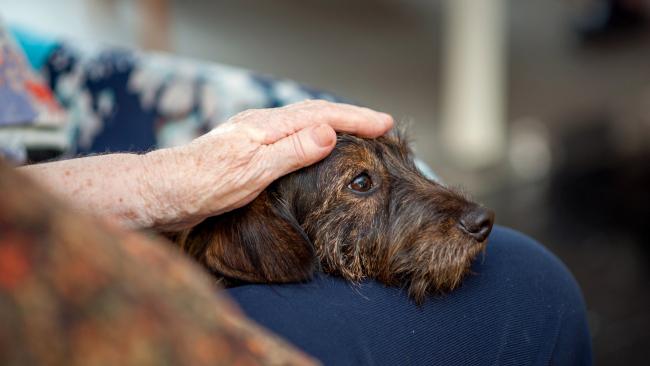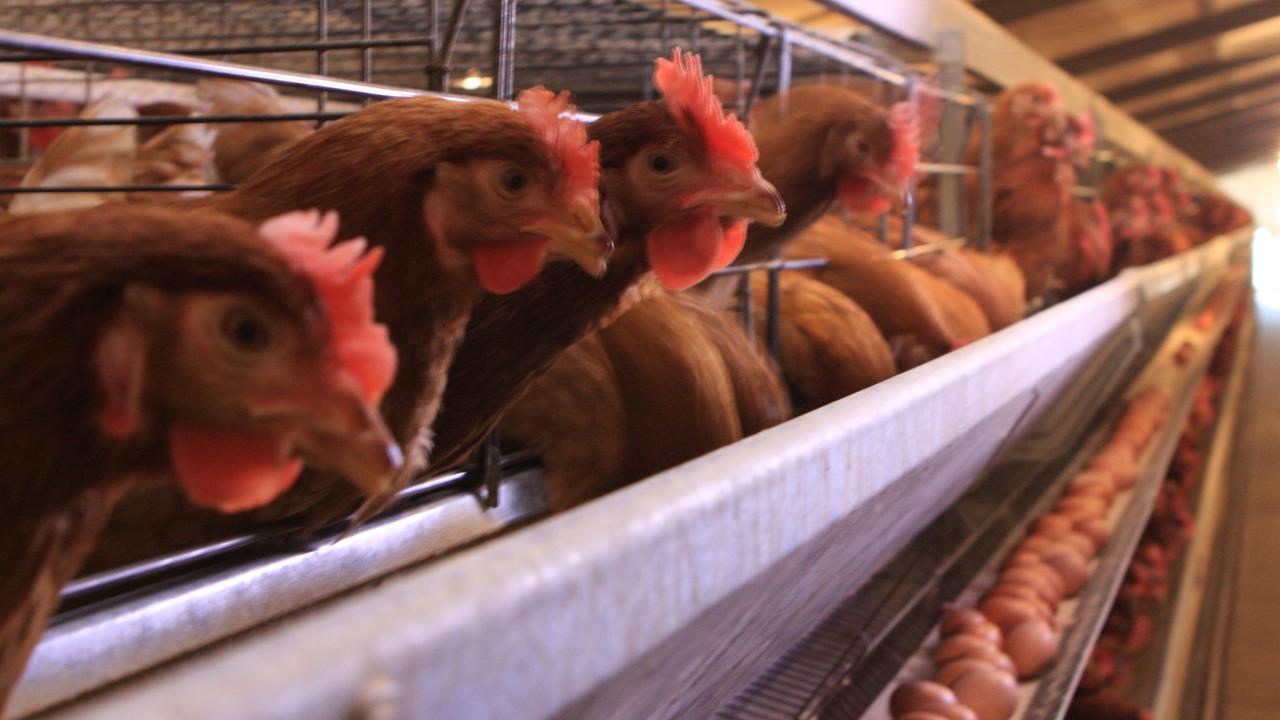How to help your dog or cat reduce anxiety
Pets have gotten used to us being at home. If you’re about to leave the home more, there’s things you can do to help reduce their anxiety.

Pets and Wildlife
Don't miss out on the headlines from Pets and Wildlife. Followed categories will be added to My News.
This article is brought to you by Petstock
Pets have gotten used to us being at home. If you’re about to leave the home more, there’s things you can do to help reduce their anxiety.
As with humans, untreated anxiety in pets can not only seriously impact their quality of life but lead to some nasty health issues.With more dogs and cats relearning to spend days alone as their families head back to work and school, Veterinarian Dr Danni Dusek expects a rise in separation anxiety issues. “It is important that we transition back to our old routines gradually for our pets to slowly adjust and minimise the risk of causing significant anxiety or stress upon them,” Dr Dusek said.“Anxiety is common in both dogs and cats, and the clinical signs you notice can be different depending on the individual. The good news is, there is a lot we can do to help these animals.”
FINDING COMFORTABLE SOLUTIONS
Pet behaviourist and host of Pooches at Play Lara Shannon says human company is often the best fix for pet anxiety, so if this is not possible, your smell is the next best thing.“If we’re talking about separation anxiety, one of the biggest tools is to allow your dog inside,” said Ms Shannon.
“Leave your bedroom door open so they can hop on your bed, put a special blanket down if you’re worried about fur.”She said for pets needing human interaction, breaking up their day by getting a dog walker or someone visiting your cat or dog can help.
“There are so many sites now where people have been checked for suitability and they can do a whole range of activities with your pets.”
ENCOURAGE INDEPENDENCE
Ms Shannon recommends crate training as a tool for encouraging independence in dogs.“It is a wonderful thing to have a dog feel comfortable in a crate,” she says. “It becomes their own little spot they can get away to with toys and treats. Never lock them in a crate as a form of punishment and during the day encourage them to go there.”Dr Dusek said in regards to cats, creating a similar safe haven for them will help them feel relaxed and secure.

SET OF THEIR SENSES
Both Dr Dusek and Ms Shannon recommend including appeasing pheromones for cats and dogs – Feliway do diffusers, sprays and scratches for cats and Adaptil do diffusers, sprays and collars for dogs - in your overall anxiety treatment plan. Catnip spread around the house can also encourage feline relaxation.
CHANGE YOUR ROUTINE
Dogs are watching our every move, says Ms Shannon, so they know our patterns leading up to the moment we depart so their anxiety builds until then.
“So change your routine, grab the keys first then have breakfast, go to the car and put everything in then come back inside for a bit,” she says.
WHEN TO MEDICATE
Dr Dusek says if an animal appears to be really struggling with anxiety, medications can offer relief from stress and fear.“Once our pet’s anxiety is under control with appropriate medication, the goal is to use behaviour modification training to essentially train them how to relax and feel safe with increased time and distance away from their loved ones,” she said.

EXERCISE
Find ways to make cats and dogs work for their food when you’re not home - such as interactive toys - to provide physical exercise and mental stimulus.
“You also need an exercise routine for dogs where they know when to expect it,” says Ms Shannon. “So if you’ve been spending more time at home and walking them at random times, now is when you need to start creating a routine.”
SIGNS YOUR DOG OR CAT IS ANXIOUS
These destructive behaviours can be a sign your pet is anxious:
- excessive vocalisation
- self-inflicted injury
- urination or defecation in inappropriate locations,
- excessively following/shadowing a family member
- aggressive behaviours
- reduced appetite (or they may stop eating entirely)
- hiding or withdrawal behaviours
While dogs may tremble, pant, salivate excessively or attempt to escape their environment, anxious or stressed cats have a tendency to over-groom themselves.Many of these signs are not specific to anxiety and could indicate your pet is in pain or unwell from another underlying illness. If you notice any of these signs, seek veterinary advice as soon as possible.


